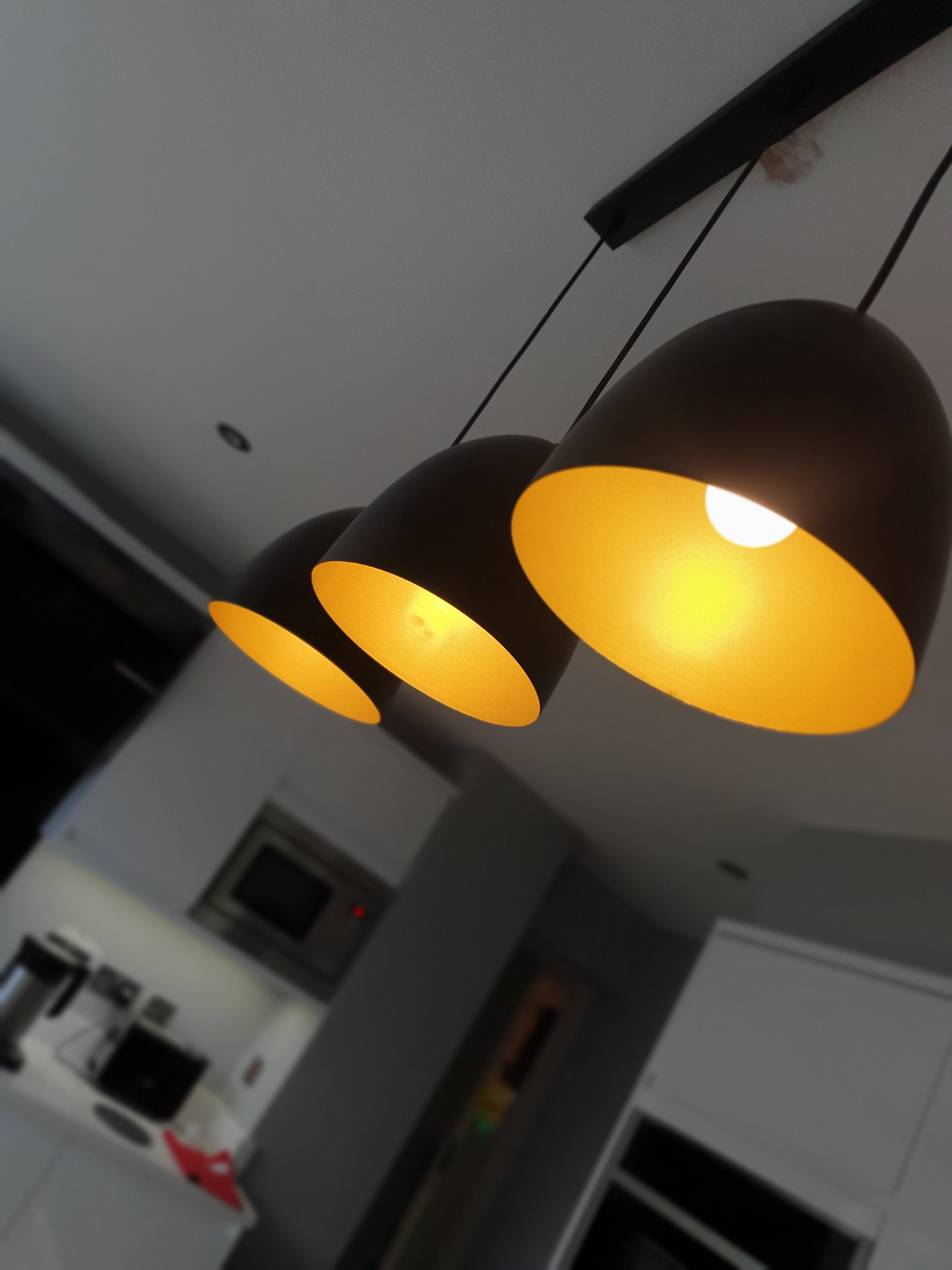We look at the most common commercial electrical problems. Learn about the importance of regular maintenance, the need for energy-efficient upgrades, and how professional electrical assessments can prevent downtime.
The Importance of Regular Electrical Inspections
Regular inspections are essential to identify risks before they escalate. Professional inspections ensure compliance with safety standards, reduce the likelihood of unexpected breakdowns, and help businesses maintain safe and efficient operations.
Inspections can:
- Identify faulty wiring and loose connections.
- Detect overloaded circuits or outdated systems.
- Ensure compliance with safety regulations and standards.
- Provide guidance on energy efficiency improvements.
Regular maintenance and inspection help businesses avoid costly downtime while ensuring a safe environment for employees and visitors.

What are the most Common Commercial Electrical Problems?
Commercial buildings often face recurring electrical issues that, if ignored, can lead to serious safety risks, system inefficiency, and costly downtime. Here are some of the most common electrical issues:
Flickering lights: Flickering lights in a commercial property may be more than an annoyance. They can indicate loose connections, faulty wiring, or overloaded circuits. Not only do they disrupt workplace comfort, but they may also signal hidden safety hazards that require urgent attention.
Faulty wiring: Old, damaged, or poorly installed wiring can result in overheating, power surges, or even electrical fires. Signs of wiring problems include breaker trips, burning smells, or scorch marks near outlets. Businesses should never ignore these clear warning signs, as they present a serious fire risk.
Circuit breaker issues: Tripped breakers are a common occurrence in commercial electrical systems. While they protect circuits from overloading, frequent breaker trips can suggest deeper issues, such as faulty equipment or excessive electrical load. Left unresolved, this can result in equipment damage and operational downtime.
Damaged outlets or switches: Outlets and switches that fail to deliver consistent power may appear minor, but they are a safety hazard. Damaged or exposed wiring behind these outlets can increase the likelihood of shocks, fires, and equipment damage.
Overloading: Businesses often add new appliances or equipment without checking the capacity of their existing electrical system. This leads to overloaded circuits, damaged wiring, and potential fires. It’s essential to plan system upgrades and electrical load distribution to ensure safe operations.
Power Surges and Equipment Damage: Commercial buildings rely on sensitive electrical equipment, from computers to refrigeration units. Power surges can cause severe equipment damage and data loss. Installing surge protection is vital to safeguard your investment.
Loose Connections: Loose or poorly secured wiring connections can result in overheating, sparks, and eventual system failure. Regular inspections help identify these issues early before they cause more significant problems.
Outdated Electrical Panels: Older commercial buildings often have outdated electrical panels that cannot handle modern power demands. Upgrading panels and distribution boards is crucial to reduce fire hazards and improve energy efficiency.
Emergency Lighting and Exit Signs: Emergency lighting is essential for safety compliance in commercial buildings. Faulty emergency lighting systems can put people at risk during power outages or fires. Regular inspection ensures these systems are always operational.
Exposed Wiring and Short Circuits: Exposed wiring is a visible and immediate safety risk. It increases the chances of electrical shocks, fire hazards, and system faults. Short circuits may happen suddenly and result in power outages or sparks that could lead to electrical fires.
the differences between residential & commercial electricians?
Both residential and commercial electricians work with electricity, but their roles differ significantly:
Residential Electricians: Focus on homes and small properties with simpler single-phase systems.
Commercial Electricians: Specialise in larger, three-phase systems used in commercial buildings. They deal with higher power loads, complex installations, and large-scale projects.
Because commercial systems are more demanding, businesses should always hire qualified electricians with the right expertise.

What are the Benefits of Hiring a Commercial Electrician?
By working with qualified electricians, businesses can ensure the safety and efficiency of their property. Hiring a commercial electrician provides many benefits:
Certified and Professional
They ensure compliance with electrical codes and provide safe, quality installations.
Quick Problem-Solving
Their expertise allows for fast diagnosis and repair of electrical faults.
Insured and Reliable
Protection against liabilities in case of accidents.
Specialist Knowledge
They understand complex systems, provide energy efficiency advice, and ensure compliance with safety regulations.
Should you cut the power if electrical issues are found?
Yes. Cutting power immediately reduces risks when issues like sparks, overheating, or unusual burning smells occur.
However, only a professional electrician should carry out repairs. Attempting DIY fixes in a commercial setting can lead to accidents or worsening damage.

How often should electricals be inspected in a commercial building?
While the minimum recommendation is once every five years, many businesses require more frequent checks depending on:
- The age of the building and wiring.
- The type of business operations.
- The number of electrical appliances and overall system demand.
Routine electrical maintenance ensures compliance, reduces hazards, and prevents downtime.
Preventing Electrical Fires and Hazards
Electrical fires are one of the most serious risks in commercial properties. Faulty wiring, overloaded circuits, and neglected maintenance often lead to fire hazards. Preventive steps include:
- Upgrading outdated systems.
- Installing modern circuit breakers.
- Conducting regular maintenance and inspections.
Training staff to identify warning signs like flickering lights, sparks, or overheating equipment.
Common Commercial Electrical Problems: Final Thoughts
Commercial electrical problems are common, but they can be managed effectively with the right approach. Businesses must:
- Recognise early warning signs.
- Carry out regular inspections and maintenance.
- Ensure upgrades keep systems safe and efficient.
- Always use qualified electricians for installations and repairs.
By prioritising electrical safety and efficiency, businesses not only protect their property and equipment but also safeguard employees and customers, ensuring smooth and reliable operations.
Do you require trusted electricians in Wolverhampton, Dudley, Walsall, Bridgnorth and West Midlands? A.S.H Electrical Contractors Ltd provides reliable electrical services for clients in the West Midlands. We cover all aspects of domestic, commercial and industrial electrical systems, guaranteeing quality.


